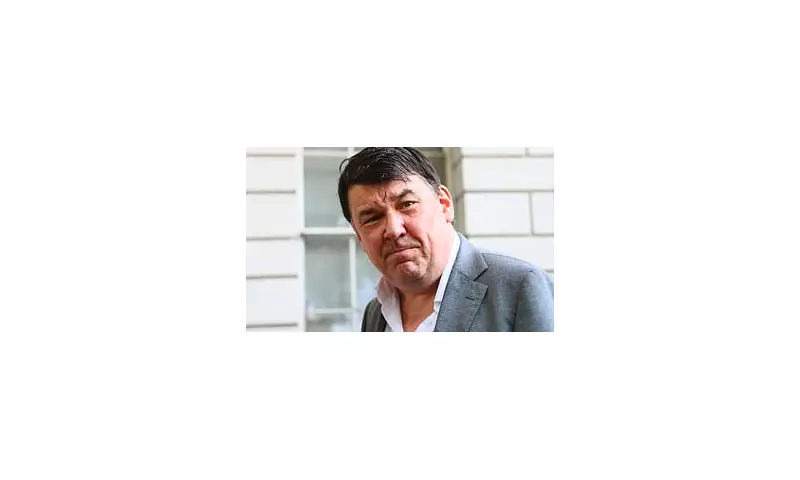
In a significant development for free speech advocates, celebrated comedy writer Graham Linehan has been informed he will face no police action following an investigation into his social media activity.
The creator of beloved sitcoms Father Ted and The IT Crowd found himself at the centre of a police inquiry after complaints were made about posts on his X (formerly Twitter) account that critics had labelled 'anti-trans'.
The Investigation Concludes
West Yorkshire Police confirmed they would not be pursuing any criminal charges against the writer after a thorough review of the material. The decision comes after months of uncertainty for Linehan, who has been increasingly vocal about gender ideology and its impact on women's rights.
'This represents another victory for common sense and free expression,' Linehan told supporters after receiving the news. 'The attempt to criminalise legitimate debate about important social issues has failed yet again.'
A Pattern of Controversy
Linehan's social media presence has frequently sparked heated debate in recent years. The writer has:
- Consistently questioned aspects of transgender ideology
- Advocated for the protection of single-sex spaces
- Engaged in numerous high-profile online disputes
- Faced permanent suspension from multiple platforms
His outspoken stance has cost him professional opportunities and personal relationships, yet he has remained steadfast in his convictions.
Broader Implications
This decision follows similar cases where individuals investigated for their views on gender identity matters have subsequently been cleared. It raises important questions about:
- The boundaries between offensive speech and criminal activity
- Police resources being allocated to online expression cases
- The chilling effect such investigations might have on public discourse
Free speech organisations have welcomed the outcome, while transgender advocacy groups have expressed disappointment at what they see as another setback in combating hate speech.
The resolution of this case leaves unanswered questions about how society should balance competing rights and where exactly the line should be drawn between protected speech and harmful expression in the digital age.





